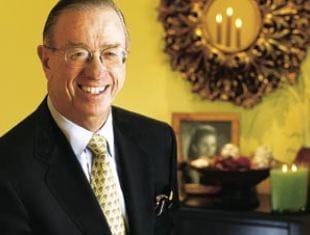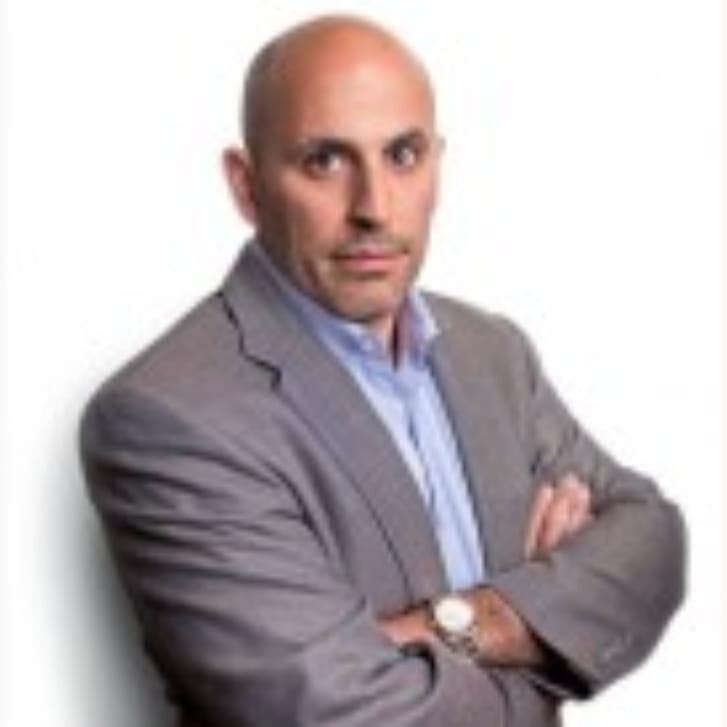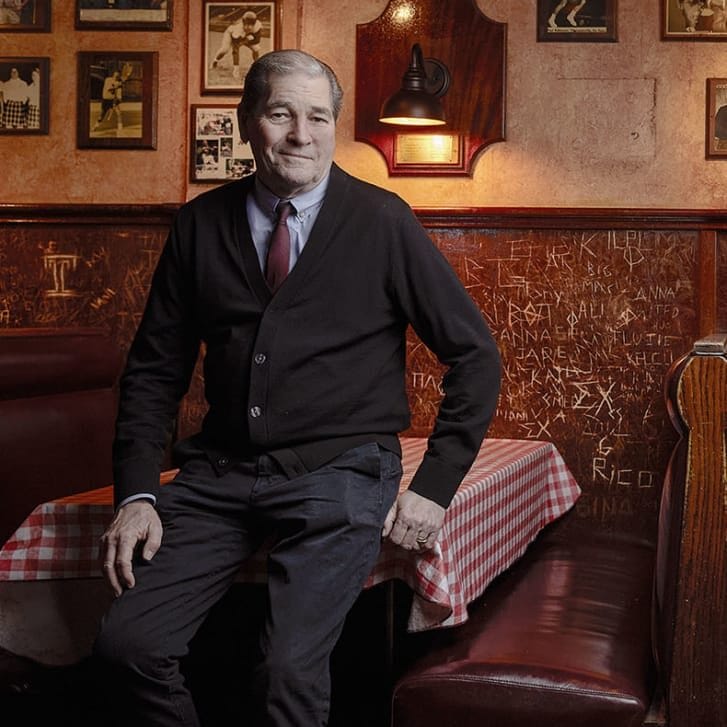“Kaizen” is a Japanese word that Bob Goergen, WG’62, likes to use to explain his approach to business. He came across the word—denoting “gradual change”—when reading about Japanese management practices.
“I use it to differentiate between great leaps forward and thoughtful, gradual changes where your likelihood of success is much higher,” he explains.
Goergen, chairman and CEO of Blyth Inc. and the namesake of Wharton’s Goergen Entrepreneurial Management Program, has built a remarkable career on this concept. Indeed, prudent risk-taking helped Goergen transform Blyth from a small candle maker ($2.8 million in sales) into one of the nation’s largest home-accessories companies ($1.7 billion in sales).
A 1962 graduate of Wharton’s MBA program, Goergen had an entrepreneur’s eye for calculated risk from the start. As a rookie at the advertising agency McCann-Erikson, he was asked to fill in for the manager of the Coca-Cola account, who had fallen ill. The opportunity didn’t escape Goergen, who managed to update the company’s marketing campaign by hiring the Supremes to sing the Coca-Cola theme — a replacement for the aging sound of the Limeliters.
Then followed a stint as a management consultant at McKinsey & Co. Goergen says he enjoyed his assignments, his clients and a generous salary, but he eventually concluded that McKinsey didn’t fit his long-term goals even though he had become a partner.
“What I considered freedom wasn’t high income, but net worth,” he says. “So I began thinking about doing venture capital. I took a huge pay cut to start at the bottom at Donaldson Lufkin & Jenrette, with the Sprout Group, its private equity group. I went from partner’s perks to basically starting over.”
The move paid off. While highly successful at Sprout (he became the Managing Partner) Goergen also found himself in a position where he was able to make what he calls “hobby investments” — that is, deals that were too small to interest Sprout.
In 1976, he came across a Brooklyn, NY, firm called Valley Candle Co. Goergen and three friends put up a total of $50,000. He then raised $300,000 more from other friends and family members. That enabled the partners to persuade Chemical Bank to lend them $650,000 more. They bought Valley for $1 million.
Within a year, Goergen heard that another candle company — Candle Corp. of America in Chicago — was for sale. This time, the price was $3.3 million. Goergen again called on his network. But to get a large enough loan, he had to pledge his personal assets, too. If the loan was called and the company couldn’t pay, Goergen would have to pony up.
After a somewhat bumpy start, though, Goergen decided to step up his involvement in managing the company. “I saw the $3 million guarantee possibly getting called, and my friends had invested in this company, and I didn’t want to let them down,” he recalls. So in 1978, he quit his Managing Partner job and became a full-time candle maker. Again, it was the right move: today, Blyth Inc. has about $1.7 billion in annual sales.
Similar to the active role he has played in his company, Goergen has given back not only financially to the Wharton School: as Chairman of the Wharton Entrepreneurial Programs Advisory Board and as member of the Wharton School’s Board of Overseers, he is actively engaged in the progress of new School programs and research.
And to this day, Goergen continues to play a key role in Blyth’s acquisitions. “I always get involved, checking on values and the strategic fit. And I really kick the tires on the management team.”
Excerpted from Get it Started <www.wep.wharton.upenn.edu/GetItStarted>


























